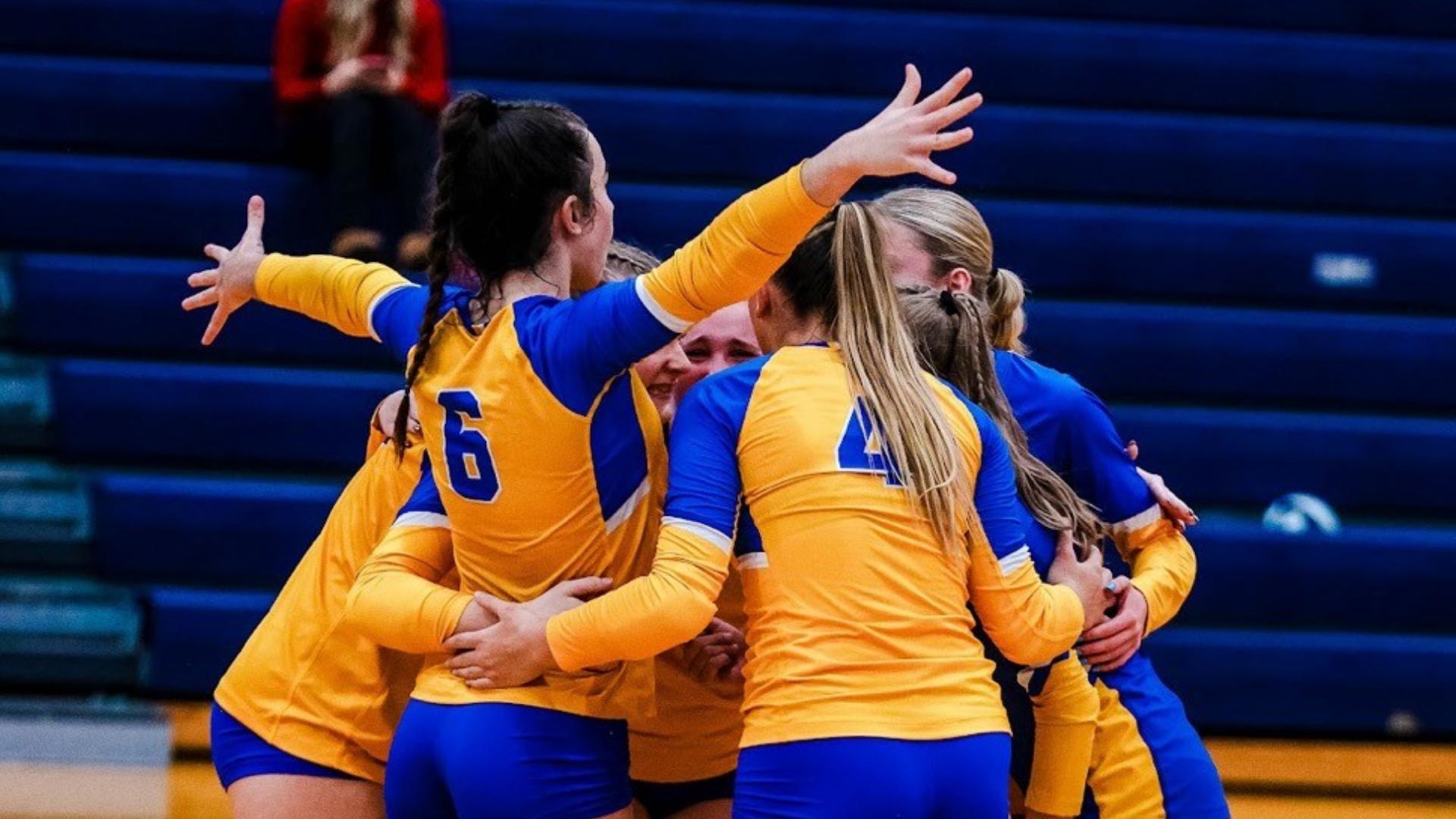TOLEDO, Ohio — Molly Malone is a star hitter for the Saint Ursula volleyball team. You only need to watch her for a few minutes to see she's one of the biggest personalities on the court.
"That competitiveness. It just brings out that energy in me," she said.
But Molly hasn't always played the game in such an energetic way. A few years ago, she was on the brink of leaving the sport.
"My freshman year, we lost my uncle to his mental illness," she said. "After that, I put so much pressure on myself to be perfect at all times that it ended up tearing me down."

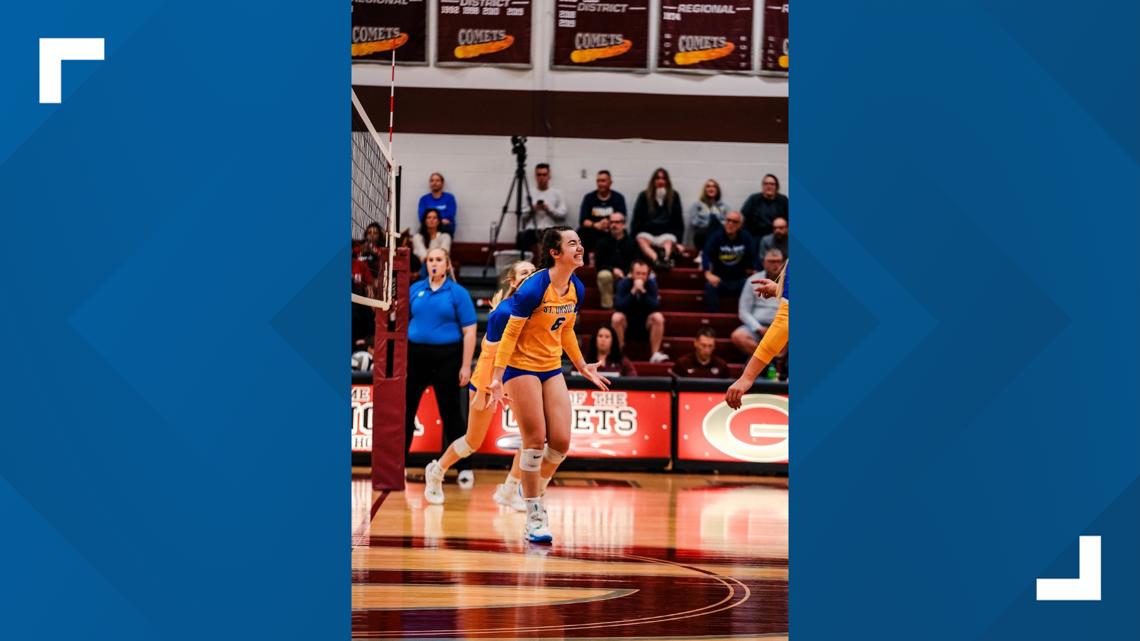
Molly was not the first athlete to struggle. And she won't be the last.
Mental health is one of the biggest issues facing young student-athletes. Molly said things like the year-round commitment to the sport and a busy schedule, are just a few factors leading to more stress, anxiety and depression.
"We have to remember: They're just kids."
A study by the NCAA in 2023 reported that more than 1 in 4 student athletes felt they were overwhelmed, and the same number felt they were mentally exhausted. That number is down compared to 2020, but not insignificant.
On the high school level, coaches have their own heavy workloads that include practices, game-planning, and, among many other tasks, advising players on issues of mental health.
McKenna Reitz is the former head coach of the Springfield volleyball team. Reitz's teams won a conference championship in 2012 and developed more than 60 All-League players in her 14 seasons as head coach. Despite the hard work it took to earn those titles, she said one of the biggest parts of her job beyond coaching was helping players work through mental health obstacles.
"We have to remember: they're just kids. We have to give them the room to grow, not just physically, but mentally, emotionally, and socially," she said.
And it's not just Reitz who feels that way.

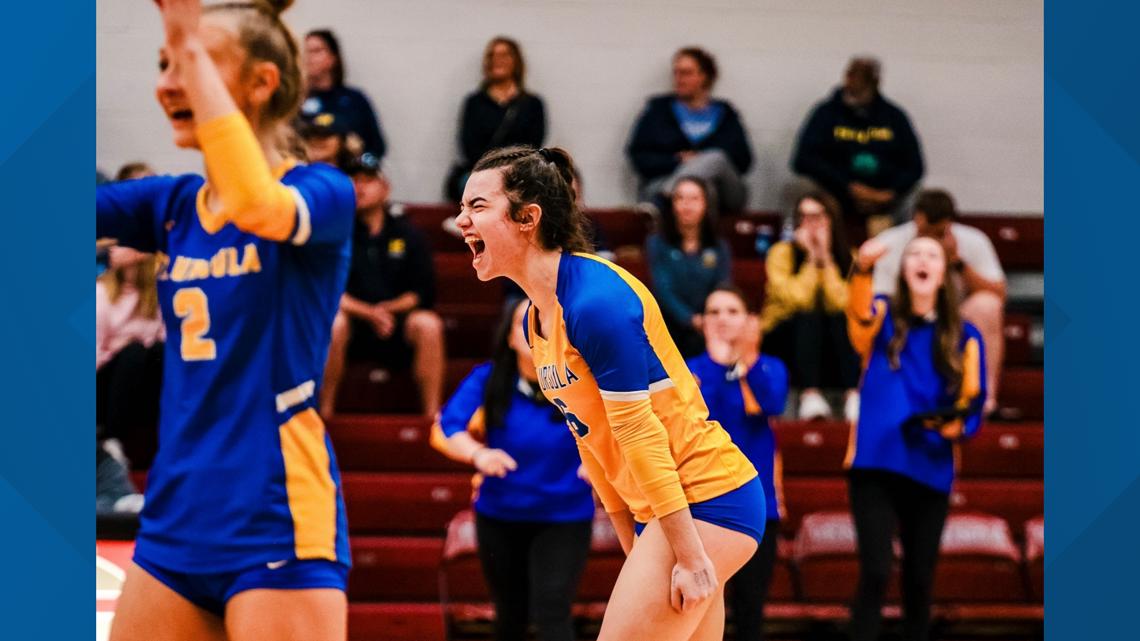
Other programs and leagues are recognizing the importance of mental health and are taking steps to help student athletes.
In 2022, the Toledo Chapter of the National Football Foundation sponsored mental health awareness training for football teams in the Northern Lakes League.
That same year, WTOL 11 interviewed NLL Commissioner Richard Browne, who said it was an early effort by the league to give kids the tools to deal with mental health issues.
"They look at it as a component to further their education," Browne explained. "You have the schoolwork. You have the athletics and the practices. But this is one more step to enhance an adolescent's opportunity to learn about things going on in our world today."
Dr. Lurley Archambeau is a clinical psychiatrist who presents a mental health curriculum at events like the one with the NLL.

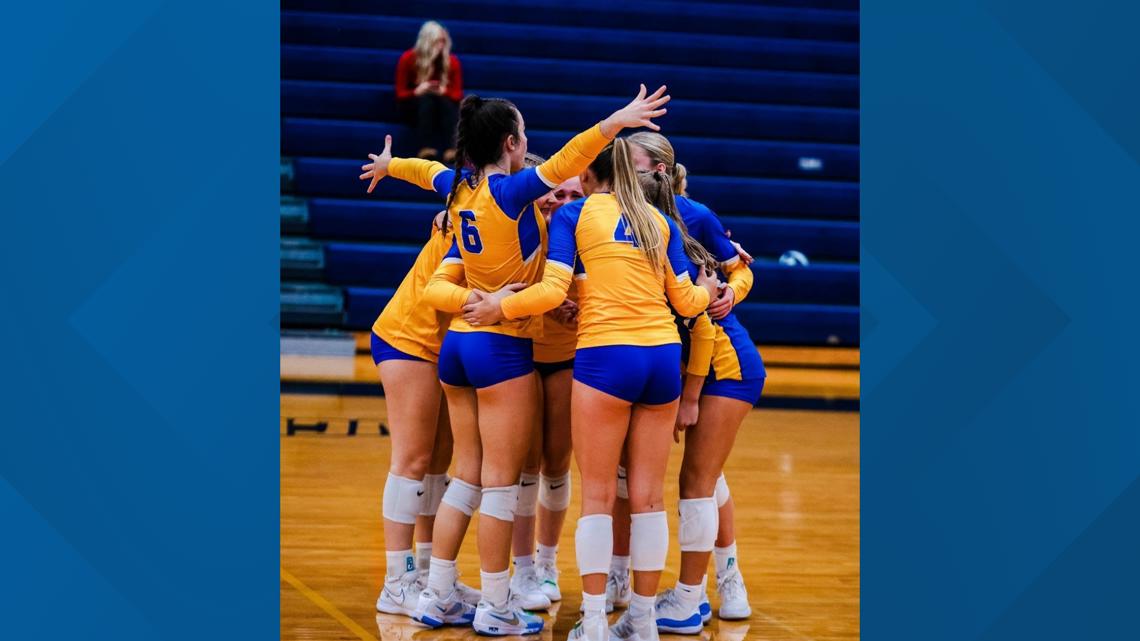
Before he was psychiatrist, he was a member of the Toledo Rockets football team. He said things have changed from his playing days, and that society isn't doing enough to set student-athletes and young people up for success.
"From a psychiatric standpoint, I'm really concerned that we are not creating the resilience in young people to deal with the kinds of things that will represent issues in their life that create anxiety."
"It's okay to be vulnerable."
Eventually, Malone rediscovered her passion and purpose for playing volleyball again. She said she took the loss of her uncle and turned it into motivation.
"I decided that everything I'm going to do, it's going to be dedicated to something bigger than myself. I dedicated everything I did to my uncle."
Since that decision, Molly has twice been selected as a member of the CHSL all-conference teams.

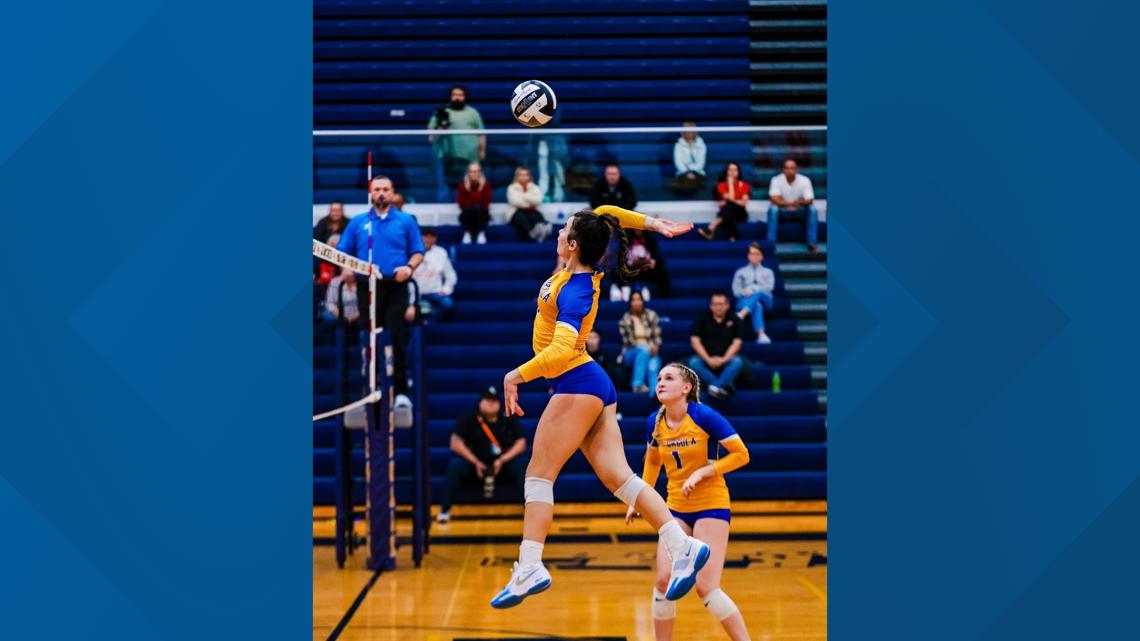
Molly said there are a lot of different things that teams and schools can do to help treat student-athlete mental illness and support their mental health needs. And, she said, it starts with listening.
"I think it's about making sure the people around you understand what you're struggling with," Molly said. It's so easy to get consumed by school and your sport. It's okay to be vulnerable. Being vulnerable isn't a weakness. You should be able to reach out to the people around you. And people should want to listen to you."

